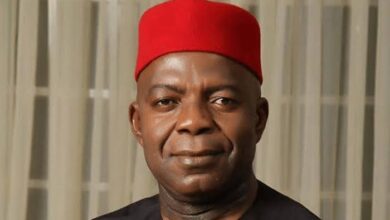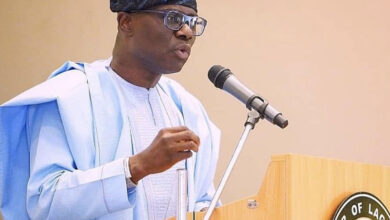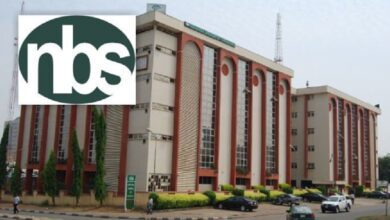Labour Challenges NBS Report On Unemployment Decline

The Nigerian Labour Congress (NLC) and key stakeholders in the private sector have strongly criticized the recent unemployment figures released by the National Bureau of Statistics (NBS), describing them as disconnected from Nigeria’s economic realities.
The NBS, in its report released on Monday, stated that Nigeria’s unemployment rate declined to 4.3% in Q2 2024, down from 5.3% in Q1 2024. It attributed the improvement to increased labour force participation, which rose to 79.5%, and a higher employment-to-population ratio of 76.1%. However, critics argue that these figures do not align with the visible economic challenges Nigerians face daily.
NLC Labels Report “Voodoo Statistics”
The National Assistant General Secretary of the NLC, Chris Onyeka, dismissed the NBS data as a “fabrication designed to mislead the public.” He contended that the reported drop in unemployment contradicts the worsening economic conditions characterized by factory closures, dwindling manufacturing activity, and reduced consumer spending.
“Unemployment cannot be coming down in Nigeria when factories are closing shops, inventories are rising, and consumer spending is at an all-time low,” Onyeka stated. He also questioned the methodology used by the NBS, describing it as “a figment of imagination” and likening it to alleged electoral manipulation in Nigeria.
Onyeka challenged the NBS to substantiate its claims by identifying the sectors supposedly driving job creation, remarking, “Where are the jobs coming from? Is it from employers grappling with consumer resistance and slowing economic activities? It doesn’t add up.”
Private Sector Joins the Criticism
The Organised Private Sector (OPS) echoed the NLC’s concerns, with the Lagos Chamber of Commerce and Industry (LCCI) and the Centre for Promotion of Private Enterprise (CPPE) rejecting the report’s accuracy.
Gabriel Idahosa, President of the LCCI, referred to the figures as a “technical improvement” stemming from a revised methodology rather than actual economic progress. He argued, “The reality is that the economy is not looking like one where unemployment is significantly reducing.”
Similarly, Dr. Muda Yusuf, Director of the CPPE, called for a review of the NBS methodology, suggesting it fails to reflect the realities of Nigeria’s struggling economy. “We need a methodology that captures the lived experiences of Nigerians better than what we currently have,” Yusuf said.
Key Highlights of the NBS Report
•Labour Force Participation Rate: Increased to 79.5%, up from 77.3% in Q1 2024.
•Employment-to-Population Ratio: Rose to 76.1%, reflecting a higher proportion of gainfully employed individuals.
•Urban vs Rural Unemployment: Urban unemployment stood at 5.2%, while rural unemployment dropped to 2.8%, showcasing agriculture’s dominance in rural areas.
•Youth Unemployment (Ages 15-24): Decreased to 6.5%, compared to 8.4% in Q1 2024.
•Gender Disparities: Unemployment among females was 5.1%, higher than the 3.4% recorded for males.
Disconnect Between Data and Reality
Critics argue that while the NBS data paints a picture of improvement, it fails to align with on-ground realities. Nigeria’s economy continues to face significant challenges, including high inflation, declining industrial productivity, and a growing reliance on informal employment, which accounted for 93% of total employment in the report.
The critics call for a more transparent and inclusive methodology that reflects the complexities of Nigeria’s job market. They stress that accurate data is essential for formulating effective policies to address the country’s unemployment crisis.
As Nigeria navigates its economic challenges, the debate over the accuracy of official unemployment figures underscores the need for stronger collaboration between government agencies, labour unions, and the private sector to ensure data integrity and policy relevance.



